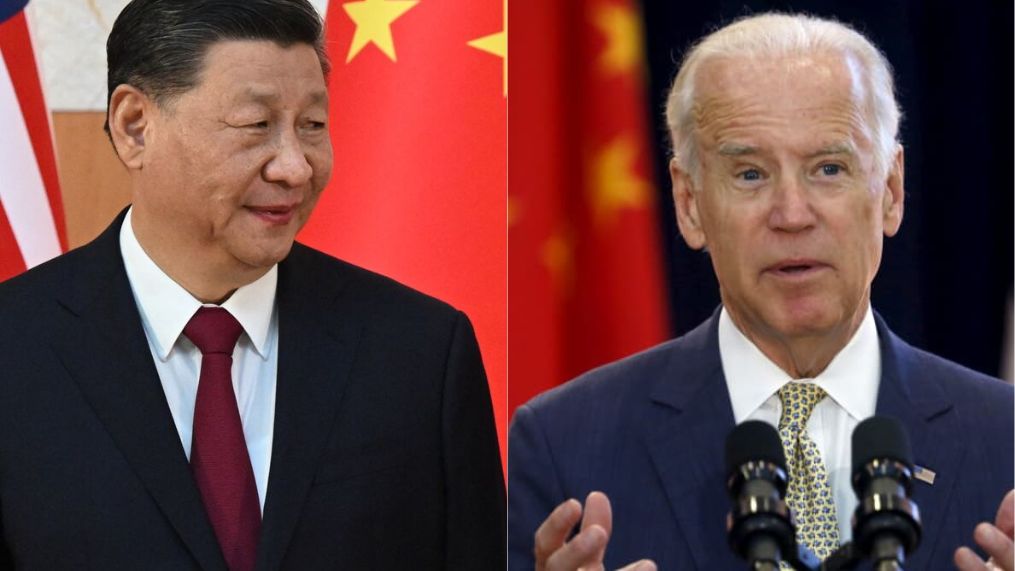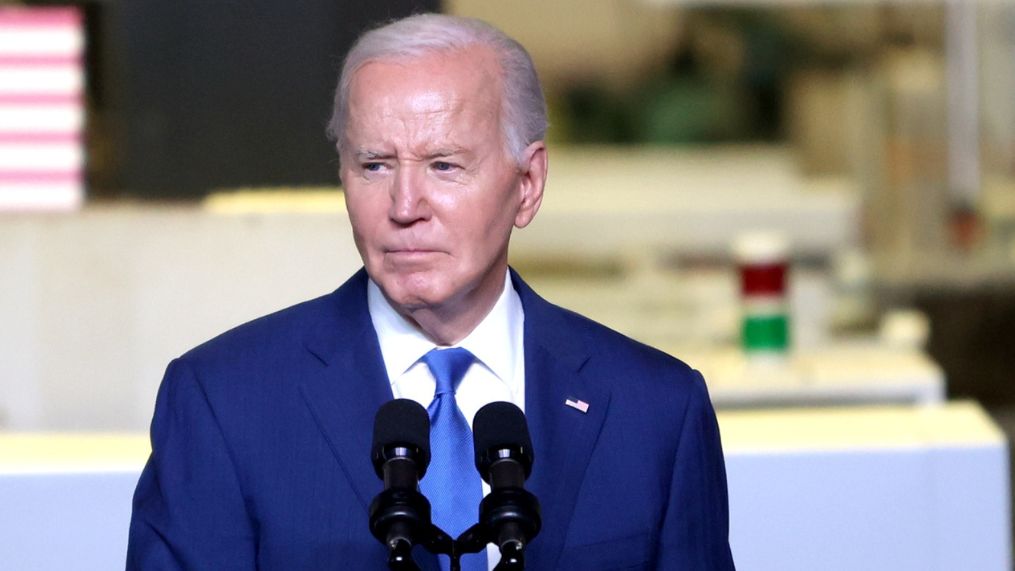U.S. President Joe Biden is gearing up to announce a fresh wave of tariffs on China, signaling a strategic shift in trade policy.
Expected as early as next week, these tariffs will maintain existing levies on Chinese goods set by former President Donald Trump while introducing new ones targeting important sectors.
Among the key areas facing tariff hikes are electric vehicles (EVs), semiconductors, solar equipment, and medical supplies like syringes and personal protective equipment.
The Biden administration’s focus in revising the tariffs, known as “Section 301 tariffs,” lies in industries deemed critical for competitive and national security reasons.
The move comes after lawmakers have advocated for substantial increases in tariffs on Chinese-made vehicles, particularly EVs.
Tariffs on Chinese EVs are anticipated to quadruple under the new plan, reflecting concerns about potential risks to Americans’ personal data.

However, the final announcement has faced delays due to internal deliberations, with the U.S. Trade Representative’s office having submitted its recommendations weeks ago.
The timing of the announcement remains uncertain, with some sources suggesting it may extend beyond Tuesday. Biden’s approach to tariffs stands in contrast to that of his predecessor, Trump, who favored broad across-the-board tariffs.
The Biden administration sees Trump’s approach as too blunt and prone to inflationary pressures. Instead, Biden aims to target tariffs strategically, focusing on specific sectors rather than adopting a blanket approach.
This move is likely to escalate tensions between the U.S. and China, potentially inviting retaliatory measures from the latter. Both Biden and Trump have departed from the traditional free-trade consensus, signaling a shift in U.S. trade policy.
Biden initiated a review of Trump-era policies in 2022, with a particular focus on Chinese trade practices. This review has led to targeted tariff increases in sectors such as steel and aluminum.
China has criticized the tariff measures, arguing that they are counterproductive and harmful to both the U.S. and global economies.
The Biden administration appears determined to proceed with its strategic approach to tariffs as part of its broader trade agenda.





